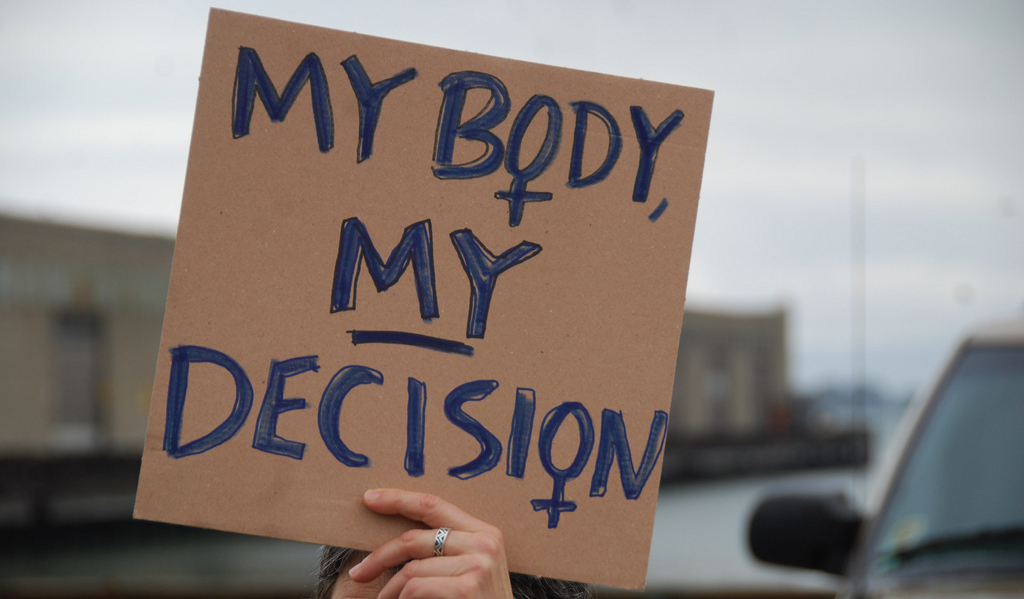My first novel contained a thought experiment in which a somewhat inept RE teacher finds herself out of a job. Her demise came as a result of one well-meaning but thoughtless response to a vulnerable student, and as I crafted the tale I felt sympathy with that character, even as I fashioned her downfall.
As a teacher, I fear it’s impossible to keep your thoughts, emotions and biases out of the classroom completely, however hard you might try. Teaching is personal – it has to be. We throw ourselves into it and, if I believed in the soul, I would say that teaching is a part of mine. It’s also immediate, and it’s not like the construction of a carefully-worded article. It’s us, in the flesh, on our feet, all the time: as an educator, a guide, a philosopher, a fool, a blagger, a gatekeeper and a showman. Speaking as a teacher and indeed as a person who could probably benefit from closing her mouth on occasion, I felt a certain sympathy for my ill-fated creation, even though her views differed wildly from my own.
But there is a darker story behind the tale that I told, a real version which dates back to the early 1980s, when I was on the other side of the desk. You know, the good old days when some schools still had corporal punishment and teachers could say whatever they liked? I share the real incident now as an illustration of the sort of thing that can happen when preaching is allowed to enter the classroom.
In my final year at a Church of England all-girls primary school, the headmistress took it upon herself to give us a talk on ‘the facts of life’ or ‘body matters’ as she called them. There was a general sense of excitement and trepidation amongst most of the girls, but I remember being bored during much of the talk; it was pretty tame stuff and besides, I already knew ‘the facts’ from home. Despite my disinterest, I have a hazy recollection of zoning back into the room as the head was intoning her views on abortion.
Abortion was wrong. Fact. If we had ‘sinned’ (by having sex before marriage), and in doing so had gone and got ourselves pregnant, then that child must be born. Something told me that her views were a little extreme, but before I had even had time to make sense of them in my head, I suddenly heard my name and then realised that everyone was looking at me. In her eagerness to make her point, our headmistress had decided to cite me as an example of someone who could ‘quite easily’ have been lost to the world as a result of a termination.
Head swimming, I tried to make sense of what she was saying. My parents were happily married, so how did my home situation fit with the den of iniquity she had been describing thus far? As far as I could gather, due to the fact that I have a mild version of a condition called Goldenhar syndrome (which does not, by the way, affect anything other than certain aspects of my appearance) my parents might have decided not to have me. Now, there was a thought! But the headmistress put her hand on my shoulder, warmly and benevolently, and turned me to face my classmates. ‘Wouldn’t that have been terrible?’ she asked them. They all nodded, dutifully.
Now it may not surprise you to know that my ten-year-old self had not exactly contemplated my own termination as a possibility before. I was blessed with loving parents, who made me feel like the most important thing in their lives. Why on earth would the idea have occurred to me?
Quite why this headteacher felt it her place to introduce me to the idea seems impossible to fathom – until, of course, one remembers her convictions. I’m quite sure she thought she’d done a marvellous deed, and I wonder to this day to what extent she succeeded; did she persuade the majority of girls in that room of her beliefs? I do hope not.
My objection to her tactics, speaking not as the person affected but as a teaching professional, is this: it was clearly more important to her to preach her morality than it was to consider the individual welfare of a child in her class. And that, I believe, is the biggest danger with preaching.

